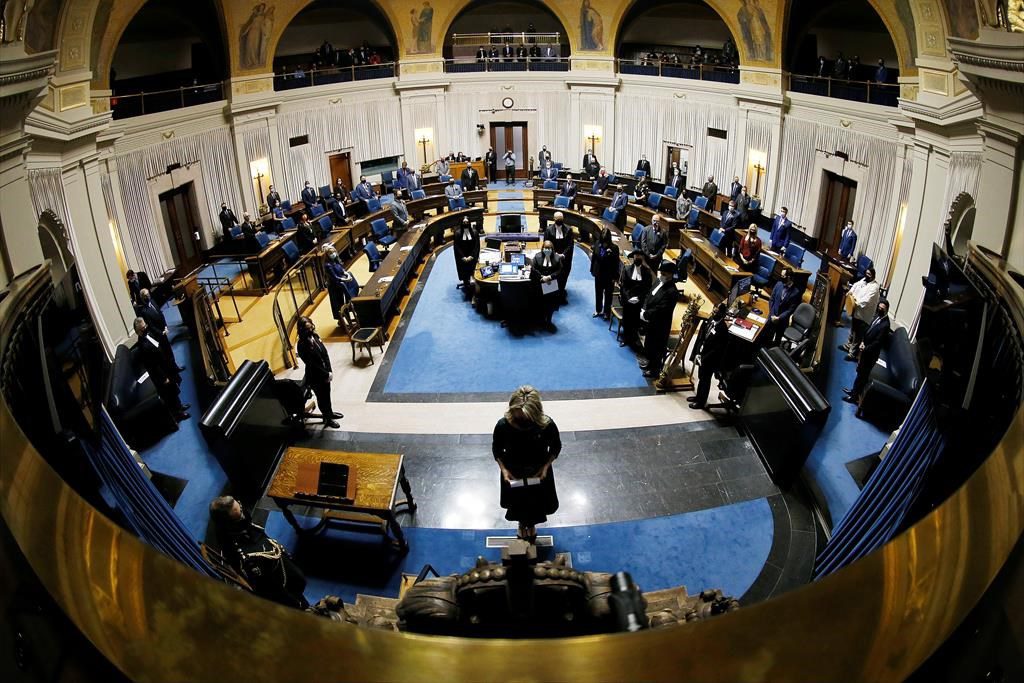The Manitoba government wants to take strong action against fake explicit photos and videos, and to stop individuals found guilty of serious crimes from altering their names.
A bill presented in the legislature on Thursday aims to broaden a law that already safeguards individuals whose private photos or videos are distributed without their consent.
The law, which permits victims to take legal action against the offender and receive assistance in removing the images, is being expanded to cover images produced or modified electronically, sometimes referred to as deepfakes.
“It may seem simple to create an intimate image, but once you circulate it, you are breaking the law and need to face consequences for that,” Justice Minister Matt Wiebe stated.
The problem of photos altered by artificial intelligence or software has grown recently.
In January, counterfeit AI-generated pornographic images of pop vocalist Taylor Swift surfaced on social media. Last year, a Winnipeg high school informed parents that edited photos of underage female students were being shared online.
“We are witnessing a significant rise in reports involving individuals using AI-generated apps to produce these counterfeit intimate images,” explained Signy Arnason, associate executive director at the Canadian Centre for Child Protection, a national organization combating child victimization and operating a tip line.
Eight provinces have enacted intimate image laws, but not all encompass altered or counterfeit images. B.C. recently broadened its law to include digitally altered or created images, while Prince Edward Island and Saskatchewan did so earlier.
Another bill focused on criminal activities, presented by Manitoba’s NDP government, would prohibit individuals convicted of sex-related offences from legally changing their name, similar to laws already in place in Saskatchewan and Alberta.
However, unlike some other provinces, Manitoba’s proposal would permit the government to add other serious offences, such as murder, through future cabinet decisions.
“This legislation makes Manitoba a more formidable environment for serious, violent offenders,” Lisa Naylor, Government Services Minister, commented.
“If you’re allowed to simply change your name … how is the next victim supposed to know that you were the individual charged with sexually assaulting someone’s children?”
If the bill becomes law, every individual applying for a legal name change would have to undergo a criminal record check. If a serious criminal offence is identified, the application would be rejected.
The Opposition Progressive Conservatives seemed to support both initiatives. They notified the legislature last week that they were planning to introduce two similar bills.
“We definitely want to ensure that Manitobans are safeguarded,” stated Wayne Balcaen, justice critic for the Progressive Conservatives.



